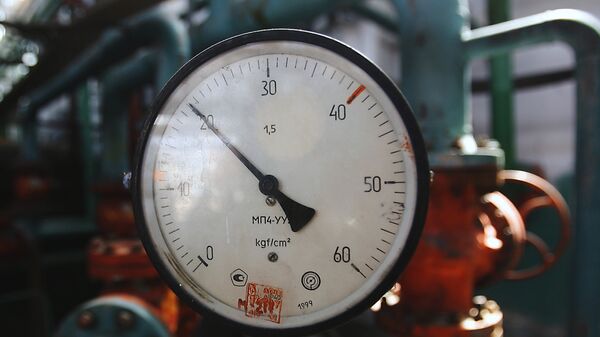Russia's gas giant Gazprom plans to establish a joint venture with Slovenia's gas transport company Geoplin Plinovodi in March 2011 to oversee construction of the Slovenian part of the South Stream pipeline project intended to bring Russian gas to Europe across the Black Sea, Igor Schyogolev, co-chairman of the Russian-Slovenian intergovernmental commission, said on Wednesday.
"As a result of this project, Slovenia will become one of the leading transit states in the Balkans," said Schyogolev who is also Russia's communications minister.
The two countries will also create a joint venture to construct a fiber-optic cable along the South Stream, which will be used to operate the pipeline, and for commercial purposes.
Gazprom Neft, the oil arm of energy giant Gazprom, plans to sign an agreement in March with Slovenia's Petrol on the sale of petroleum products in Slovenia and to third countries, he added.
Gazprom currently supplies natural gas to Geoplin Plinovodi under a long-term agreement to 2017. In 2009, Geoplin Plinovodi offered to prolong the contract to 2035 and review its terms. The parties have agreed to prolong delivery and are currently in talks to increase the volume of supplies as part of the South Stream project.
The South Stream is intended to bypass Ukraine to transport Russian gas to Europe and is expected to become operational in 2015. The capacity of the 900 kilometer pipeline is intended to eventually reach 63 billion cubic meters per year.
To build the pipeline's overland section, Russia signed intergovernmental agreements with Bulgaria, Serbia, Hungary, Greece, Slovenia, Croatia and Austria.
The project turned out to be highly complex, as the pipeline will be built and operated by several project companies specially created for this purpose.
MOSCOW, February 16 (RIA Novosti)



